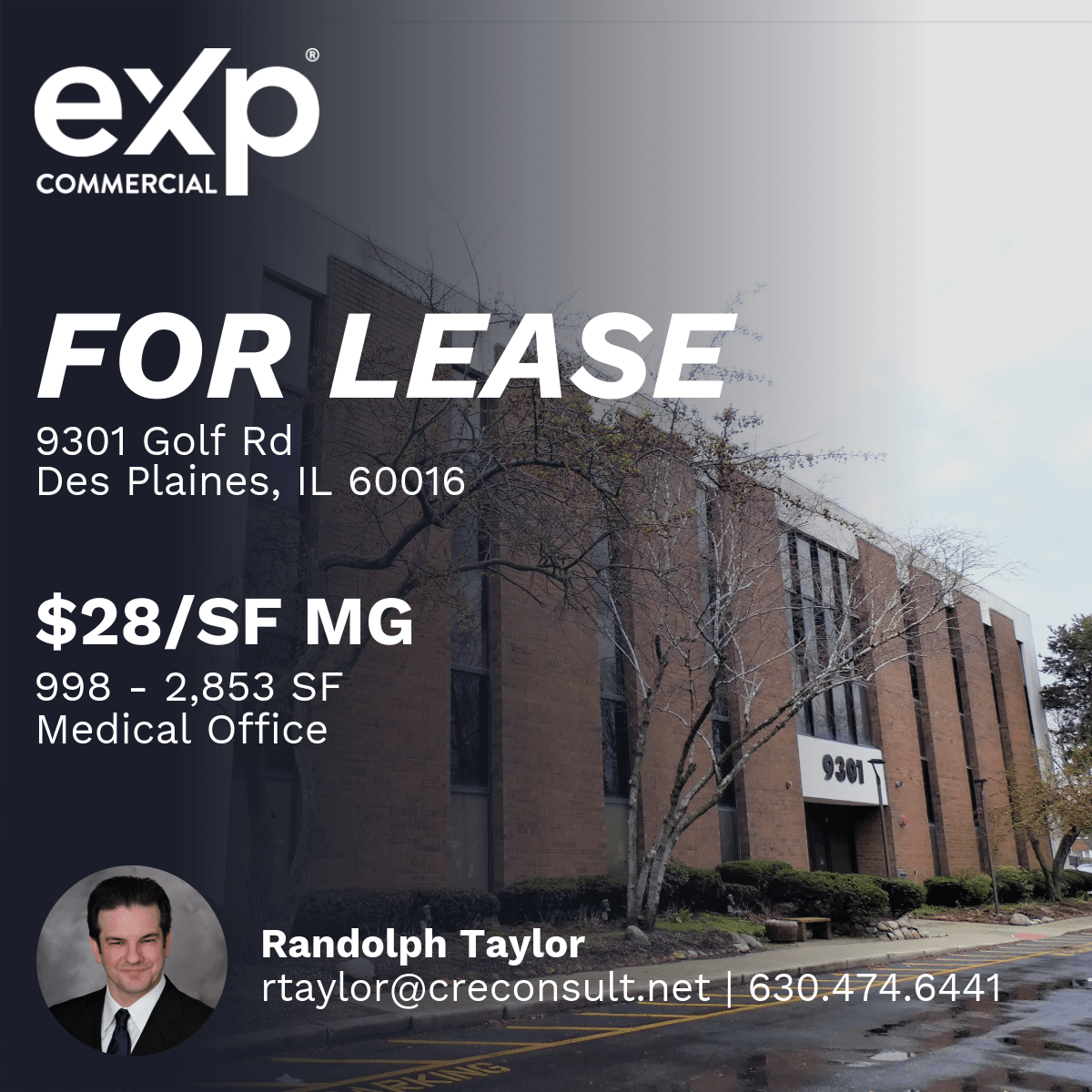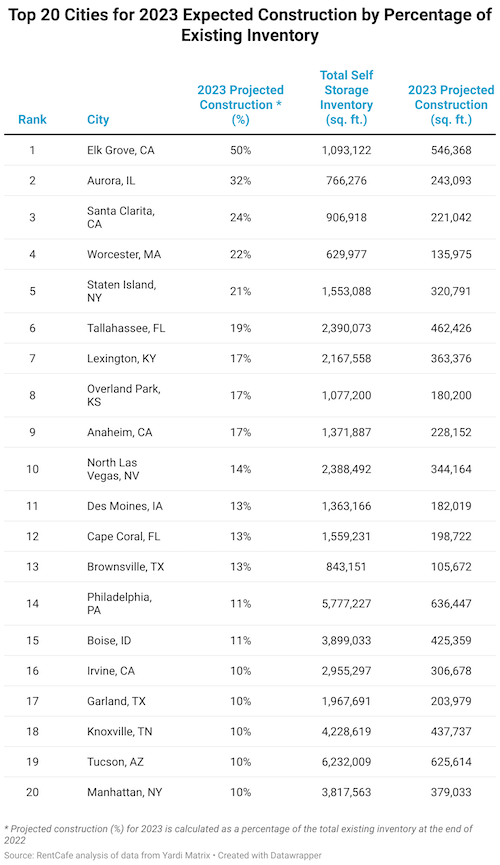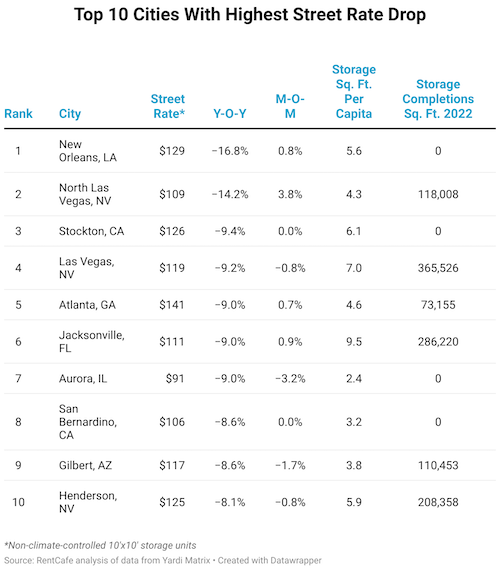9301 West Golf Rd | Des Plaines, IL 60016
Broker: Randolph Taylor rtaylor@creconsult.net | 630.474.6441
https://www.creconsult.net/golf-sumac-professional-building-medical-office-space-for-lease-9301-golf-rd-des-plaines-il-60016/

eXp Commercial is one of the fastest-growing national commercial real estate brokerage firms. The Chicago Multifamily Brokerage Division focuses on listing and selling multifamily properties throughout the Chicago Area and Suburbs.


Utilities are one of the biggest expenses for apartment communities. And with inflation pushing the price of utilities to record-highs, it’s even more important that you’re keeping these expenses to a minimum.
Luckily, the right utility management strategies will not only help you keep costs down, but present an opportunity to bring in added revenue. Before that can happen, you need to assess every aspect of your utility program. Because most companies usually have a few areas that need improvement. Here are the most common mistakes that result in apartment operators spending more than they should on utilities.
The worst mistake you can make with utilities is including them in the price of rent. That’s because you aren’t recouping money to match your actual expenses. Plus, residents don’t receive any kind of utility bill, which does not give them any motivation to conserve.
Another problem with including utilities in the rent is that it’s difficult to raise rent and remain competitive with other apartment communities. With rents rising so steeply over the past year, apartment residents are more sensitive than ever to rent prices. A “utilities-included” model can scare away some prospective renters if other communities in the area charge for utilities and have lower rent.
Charging a flat fee is also a risky move since utility costs fluctuate. And lately, they only seem to be going up. Your fee has to be high enough that you aren’t losing money, but you also can’t overcharge either. In some states, overcharging for utilities is illegal.
When your buildings are not energy efficient, it hurts your business in two ways. One is that you use more energy which ultimately means higher expenses (and lower NOI).
The other way is that it could detract renters. An ACEEE study found that not only were renters more likely to visit communities that advertised energy efficiency, they were also willing to spend a little more on rent. On average, renters would increase their budget by 1.8% for a one-unit increase in energy score (on a scale from 1 to 10). That generates $400 per unit in additional annual revenue for an average-priced rental unit.
Monitoring data associated with utilities is one of the most effective ways to improve your overall utility program. But many multifamily companies don’t do this at all or to its fullest potential.
However, by not actively monitoring utility data, you are missing opportunities to reduce your expenses and improve revenue. Plus, many cities and states are enacting laws requiring multifamily buildings to annually assess and report their energy performance. Like it or not, reviewing utility data is more important than ever.
Many companies simply check the balance due amount before issuing a payment. That strategy can result in a mountain of unnecessary charges. According to studies done by Engie, one of the nation’s largest utility billing auditors, at least 17% of utility invoices contain an error. With all the invoices your firm receives, it’s likely many have errors that go unnoticed.
This is why utility billing audits are so important. With the help of utility expense management companies all of your utility bills are audited for errors and savings opportunities. When errors are spotted, the provider disputes the charges on your behalf until a resolution is achieved.
Most utility invoices have a fairly short payment window. To further complicate things, sometimes your utility invoices don’t arrive at all, forcing your associates to track down what’s missing.
Because of these two scenarios, it’s easy to get dinged with late fees. That’s unfortunate, because they can really add up. Many utility companies assess fees that are equal to a 12-, 18-, 24-, or 36-percent annual interest rate. In other words, utility late fees are steep. And they add up in a major way. It’s vital to your NOI that utility invoices are always paid on time.
Utility theft can cost property management companies thousands of dollars per year. Most of the time, this happens simply because renters forget to transfer utilities into their name. Whatever the reason, this miss can lead your company to pay thousands of dollars per year in charges that aren’t yours.
Each state and municipality has different rules around handling utilities. So if you operate in different regions, it’s necessary to see what rules apply to each and every community in your portfolio.
The consequences for violating utility regulations can be costly. Most states levy fines on a per instance basis. So let’s say you’ve made a minor error in billing your entire 300-unit community. That’s 300 fines imposed - not 1!
How residents receive and pay for their utility charges is often an overlooked component of a utility management strategy. But if you aren’t taking into consideration how the process goes from a resident’s perspective, you could be damaging your bottom line.
In the short term, a poor payment experience can lead to late payments and frustrated residents, particularly if they need more clarity about their charges.
In the long run, a poor utility payment process could impact resident retention. When the payment process is inconvenient, or when residents don’t feel well-informed about what they owe, it impacts satisfaction since the situation is repeated month after month.
If your company is making any of these mistakes, don’t worry. There are several easy strategies to get you back on track. Your best bet is to consult with a utility management provider that specializes in the multifamily industry. They can advise you on the most effective ways to tighten your expenses.
Source: 9 Mistakes Property Managers Make with Utility Management
https://www.creconsult.net/market-trends/9-mistakes-property-managers-make-with-utility-management/


Source: Aurora self-storage market soon to change; projected to add 243,000 square feet in 2023
https://www.creconsult.net/market-trends/aurora-self-storage-market-soon-to-change-projected-to-add-243000-square-feet-in-2023/
Understanding inflation
What exactly is inflation? The simple definition of inflation is “a general increase in prices and a fall in the purchasing power of money.” The rate of inflation is measured by the Consumer Price Index and reflects the average change over time in the prices paid by consumers for goods and services. There are three things that lead to inflation:
The housing market, like all other economic sectors, is impacted by inflation. If there’s a reduction in the available inventory or an increase in demand, prices will go up, as we’ve seen. The price of a house can rise because the actual structure itself may be worth more due to rising lumber costs, but also because people see value in it as an investment.
How to Outperform Inflation
If you were to take your money and leave it in a savings account, you wouldn’t even get a one percent return. Simultaneously, the rate of inflation between April 2021 and April 2022 was 8.3%. Your money would actually lose its purchasing power by sitting in a savings account.
An excellent way to combat inflation is through real estate investing, especially in the rental property market. Even with high inflation, real estate still appreciated well above the general rate of inflation in the past year. While that year-over-year increase in asking rents and home prices could be an anomaly, the demand for rental housing clearly is not. In a study earlier this year, mortgage-finance company Freddie Mac estimated that the national deficit of single-family homes stood at 3.8 million units at the end of 2020. While that shortfall could eventually be made up for, that’s not likely to happen soon. In the meantime, a lot of would-be homeowners will remain in the rental market.
Even if you were to finance your rental property, you’d still be better off financing a rental property than putting your money into a savings account. It sounds counterintuitive, but your debt would be fixed while the rent you could charge would increase with inflation. With tenants paying off your loan, you’d be able to capture the benefits of inflation, both in the rent you could charge, and when you eventually sell your property.
While we don’t know how long we’ll be facing high inflation, investment properties will hedge against inflation for as long as you own them.
Source: How Real Estate Can Beat Inflation
https://www.creconsult.net/market-trends/how-real-estate-can-beat-inflation/
There are a number of reasons why people decide to sell their multifamily property, but most can be categorized into three groups: Problems, Opportunities, and Changes.
With this decision though comes the consideration of capital gains tax and how to ensure you are getting the most for the sale of your property.
There are several reasons why people do sell:
Problems:
Opportunities:
Changes:
There are several options for sellers to defer or minimize capital gains taxes:
We not only market properties for sale. We make a market for properties we represent. Each offering is thoroughly underwritten, aggressively priced, and accompanied by loan quotes to expedite the sales process. We leverage our broad national marketing platform syndicating to the top CRE Listing Sites with direct outreach to our investor database and an orchestrated competitive bidding process that yields higher sales prices.
Contact Us to discuss what information is needed to complete a Complimentary Commercial Broker Opinion of Value (BOV).
This is understandable as only about 5% of the market trades in any given year. We are also happy discuss any purchase or refinance interests and recommend some physical and operational changes you can make to add value to your property you will appreciate when you eventually sell.
eXp Commercial Chicago Multifamily Brokerage focuses on listing and selling multifamily properties throughout the Chicago Area and Suburbs.
We don’t just market properties; we make a market for each property we represent. Each offering is thoroughly underwritten, aggressively priced, and accompanied by loan quotes to expedite the sales process. We leverage our broad national marketing platform syndicating to the top CRE Listing Sites for maximum exposure combined with an orchestrated competitive bidding process that yields higher sales prices for your property.
https://www.creconsult.net/market-trends/why-should-i-sell-my-multifamily-property/

WASHINGTON (May 9, 2023) – National Association of Realtors® Chief Economist Lawrence Yun presented an overview of U.S. commercial real estate Tuesday as part of the 2023 REALTORS® Legislative Meetings. Yun emphasized challenges facing the commercial real estate market brought on by tightening lending policies among many small and regional banks, which have been a key source of commercial loans. Still, due to continuing U.S. job gains, net absorption has been mostly positive nationwide, Yun said, with the apartment, industrial and retail sectors helping to keep the industry relatively stable.
"The performance of commercial real estate markets will vary across the country," Yun projected during Tuesday's Commercial Economic Issues and Trends Forum. "Markets with strong job gains will naturally hold on much better, while those with weaker job conditions will struggle to raise net occupancy."
Yun said America's apartment sector recorded 116,000 net positive absorptions in the past year, while the industrial and retail sectors added 361 million square feet and 64 million square feet, respectively, over the last 12 months. Office markets, however, saw a reduction in net absorption by 29 million square feet over the same period.
"The national office market will continue to see rises in vacancy rates due to falling demand," Yun added. "The apartment sector will record a modest uptick in vacancy due to robust new supply."
With the impact of mortgage interest rates on the housing market in focus throughout the week at NAR's conference in D.C., Yun addressed the implications of Fed decisions on nationwide commercial markets.
"The Federal Reserve's aggressive rate hikes have damaged balance sheets for regional and local banks, an important source of commercial real estate loans," he said.
Yun estimated that continual rises in rates will in part cause commercial real estate transaction volume to decline by 27% overall in 2023.
"The lack of capital, higher costs of financing and refinancing, and the weakening economy will contribute to a lower overall valuation of commercial real estate prices," Yun said. "Weaker prices will mean opportunities for those with deeper pockets to get deals done in the months and years ahead."
Yun added that appraisal values have fallen by an average of 15% from peaks in early 2022.
Source: NAR Chief Economist Offers Commercial Real Estate Market Forecast
https://www.creconsult.net/market-trends/nar-chief-economist-offers-commercial-real-estate-market-forecast/
OK, we concede that not everyone may agree budget season is the most wonderful time of the year. But hear us out.
We’ve always loved budget season for the opportunity not only to forecast what the future may hold for a community, but also to dream about how we could kick things up a notch. Budget season provides a chance to contemplate what you could add to your apartment community, both in terms of asset and service upgrades, that would elevate your resident experience—and enable you to reduce costs or increase rental rates and resident retention. When you look at it that way, the budgeting process is like putting together your own community-focused wish list!
While the possibilities to improve your community may be endless, we know that resources are not. With that in mind, we’ve considered the needs and preferences of today’s renters and focused on what upgrades could make the greatest impact.
Here are the top five apartment amenities we think are worth considering for your 2023 community budget:
The pandemic has undeniably changed how we live and work. More Americans are working from home at least some of the time, and this change is likely to be a permanent one. Says Haley Stofferahn of architectural firm RSP, “Unit layouts are becoming more flexible with details and fixtures that allow tenants to convert bonus rooms into an office, a den or a fitness area. We’re also seeing more built-in workstations within units. Outside individual apartments, what once would have been a disused business center is being replaced with comfortable, connected co-working space.”
When planning your 2023 budget, consider the common areas in your leasing center, clubhouse, and buildings. Where can you make modifications to better accommodate your residents who are working from home? Are there spaces that are underutilized that could be reinvented as either shared or individual workstations? The National Apartment Association reports that throughout the industry, community developers and owners are adapting common areas for this purpose. “Instead of lounge spaces with soft seating, there are intentional co-working areas,” says Alison Mills, VP of Design and Development at CRG in Chicago. Reimagining underutilized or even obsolete spaces such as business centers to support how your residents live and work today will make your community more appealing to residents and prospective residents alike.
2. Unforgettable Resident Events
According to a RealPage study, one of the NMHC Top 50 ownership groups found that a residents’ likelihood to renew improves by 8% if they made even one friendship or connection within their apartment community.
If boosting renewals is your goal—and it should be—then strengthening the sense of community among your residents should be top of mind. Purposeful resident events are the ticket to fostering friendships among your community’s residents.
Resident events have come a long way from the days of drive-through breakfasts. Today’s thoughtfully planned events are about bringing residents together to enjoy memorable, social share-worthy experiences. When planned and executed successfully, resident events can make a positive impact on resident retention and serve as a powerful marketing tool. Prospects frequently study a community’s social feeds when deciding where to live, and when your Instagram feed includes evidence of an active and fun resident community, you’ll drive leasing traffic and leases.
Consider budgeting for professionals to help you pull of sensational resident events in 2023, such as:
Enlisting the help of a professional event planner not only alleviates the logistical party-planning burden from your on-site team but ensures a top-notch event.
3. Fitness Center Experience Upgrades
A new year and a new budget can be a perfect opportunity to upgrade the offerings in your fitness center. Renters’ fitness practices and preferences have changed, and yesterday’s equipment may not satisfy. Multifamily Executive reports that in place of treadmills and other more dated equipment, rental housing communities are adding yoga, barre, and cycling rooms, CrossFit training areas, and internet-connected equipment which allows users to stream classes, work with trainers, and interact with other users. Other high-tech equipment that is popular today includes Peloton bikes, Lululemon’s MIRROR, and rowing machines. And according to the National Apartment Association, “pickleball has become one new darling.”
In addition to budgeting for new equipment and annual equipment maintenance for the New Year, consider that your fitness center also presents an outstanding opportunity for building community. Just like with your resident events, budgeting for a professional to come in and deliver high-quality, engaging fitness classes and events on-site can be a powerful resident retention and leasing tool. You can even take the fitness out of the fitness center to an outdoor location such as a community green space, rooftop, or neighboring nature trail. Possibilities include:
To ensure success with your upgrades and events, gather input from your residents before investing in new initiatives. It’s important to match your services to your residents’ desires in order to make a positive impact.
4. Upgraded Air Purification Systems
The rental housing industry is seeing an increased emphasis on air quality both in common areas and in residents’ individual homes. As the Milwaukee Business Journal reported, “the Covid-19 pandemic has forced people to think about the world in new ways, analyzing whether that door handle is contaminated, handshakes are harmless or the air they breathe can be trusted.” In the National Multifamily Housing Council’s 2022 Renter Preferences Survey Report, 71% of respondents report interest in enhanced indoor air quality. An investment in upgraded air purification systems can drive both resident satisfaction and prospective resident demand.
Systems to consider for your 2023 budget include bipolar ionization systems which purify building common areas such as lobbies, clubhouses, fitness centers, and other amenity spaces. According to Business Insider, this equipment can be integrated into existing HVAC systems to surround and deactivate harmful substances in the air such as airborne mold, bacteria, allergens, and viruses. Communities may also consider upgrading residents’ in-unit air conditioning filters from the standard style to a high efficiency particulate air (HEPA) filter which can, according to the US Environmental Protection Agency, theoretically remove at least 99.97% of dust, pollen, bacteria, and airborne particles.
5. New Convenience Services for Residents
Finally, consider adding services that help to make living at your community both easy and convenient. What could be more appealing to your customers than a lifestyle with fewer everyday hassles?
For example, have you noticed that residents receive a lot of packages these days? Online ordering and deliveries of perishables such as groceries and meals to apartment community residents have skyrocketed since 2020. That trend shows no sign of slowing down—especially as Amazon recently announced the addition of another Prime Day to the annual calendar, called Prime Early Access Sale (brace yourself!).
Door-to-door package delivery services can be a huge time- and sanity-saver for both residents and community staff. Consider budgeting for this service in the New Year and removing your team from the chaos that is accepting, storing, notifying, and delivering packages to your residents—so you can focus on the activities that make a bigger impact on your community.
A resident experience app is another enhancement that benefits both the resident and community team and makes life easier for all. Here are just some of the tasks that can be accomplished from a few of the existing resident apps in the multifamily space:
Budgeting for the addition of a resident experience app in 2023 means you can bring a whole host of convenient new services to your residents, while streamlining tasks for your team.
Preparing your community budget for the New Year can be stressful, we know. Narrowing down the seemingly endless list of initiatives, technologies, and enhancements available to your team can be a daunting task. We hope this list of the top five amenities we think are worth budgeting for serves as a good starting point for you as you consider your many options for making a positive impact on your community.
Best of luck to you this budgeting season, or as we consider it, the most wonderful time of the year!
Source: Top 5 New Apartment Amenities to Budget For in 2023
https://www.creconsult.net/market-trends/top-5-new-apartment-amenities-to-budget-for-in-2023/Chicago apartment market 2025 is one of the most competitive rental environments in the country. Anyone who’s ever tried to find a two-bedr...
